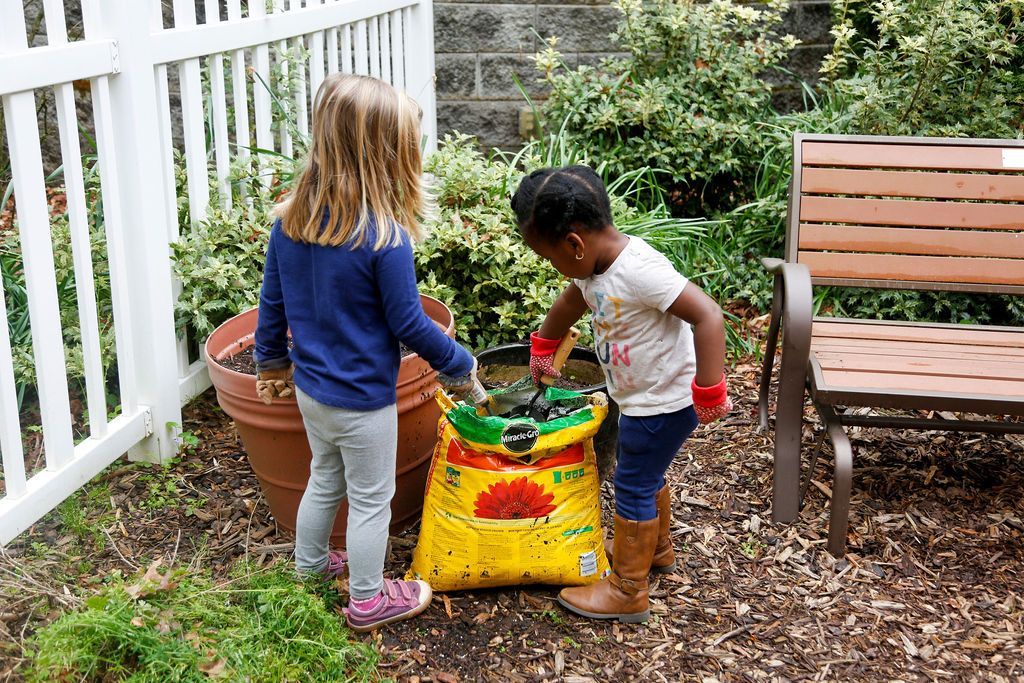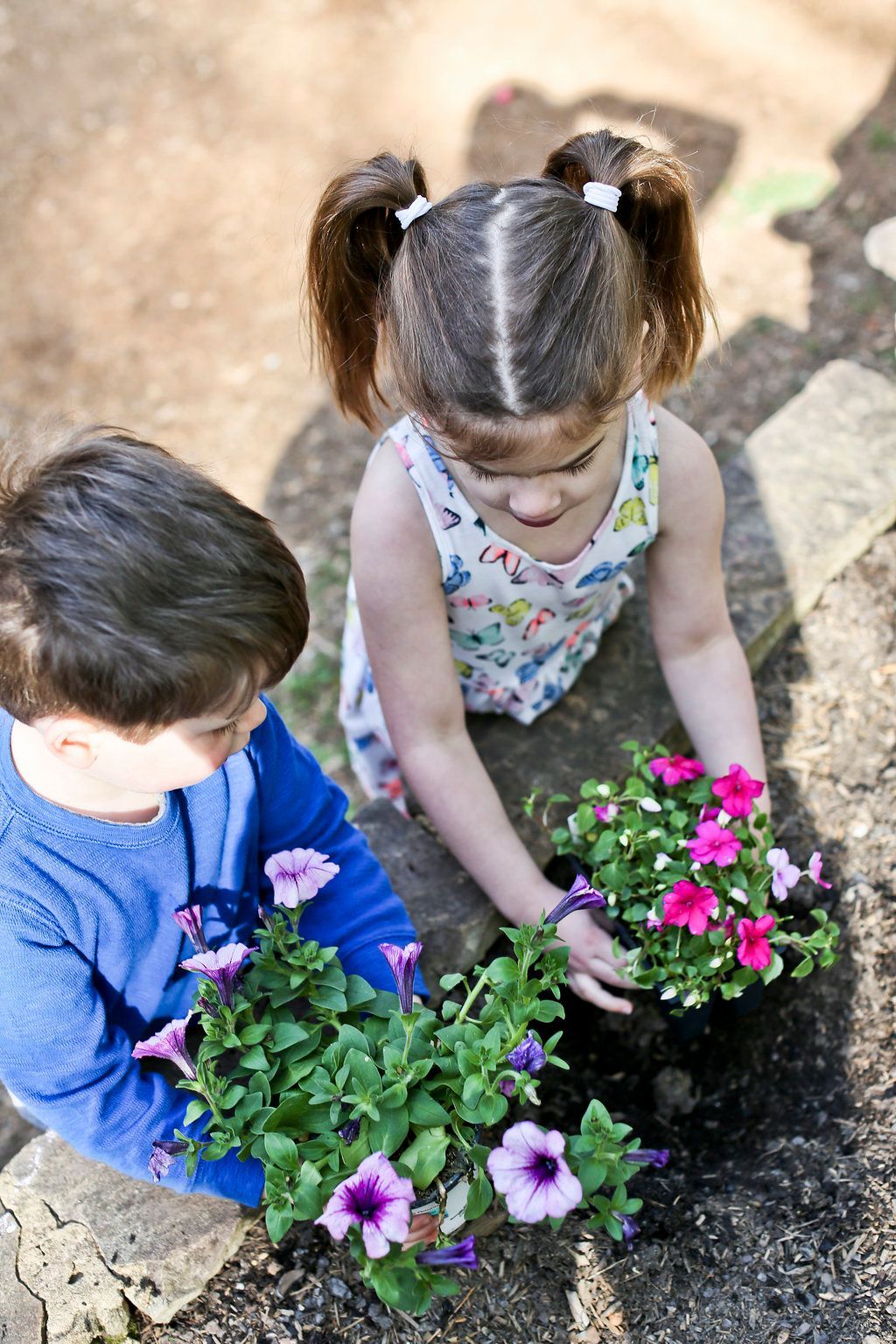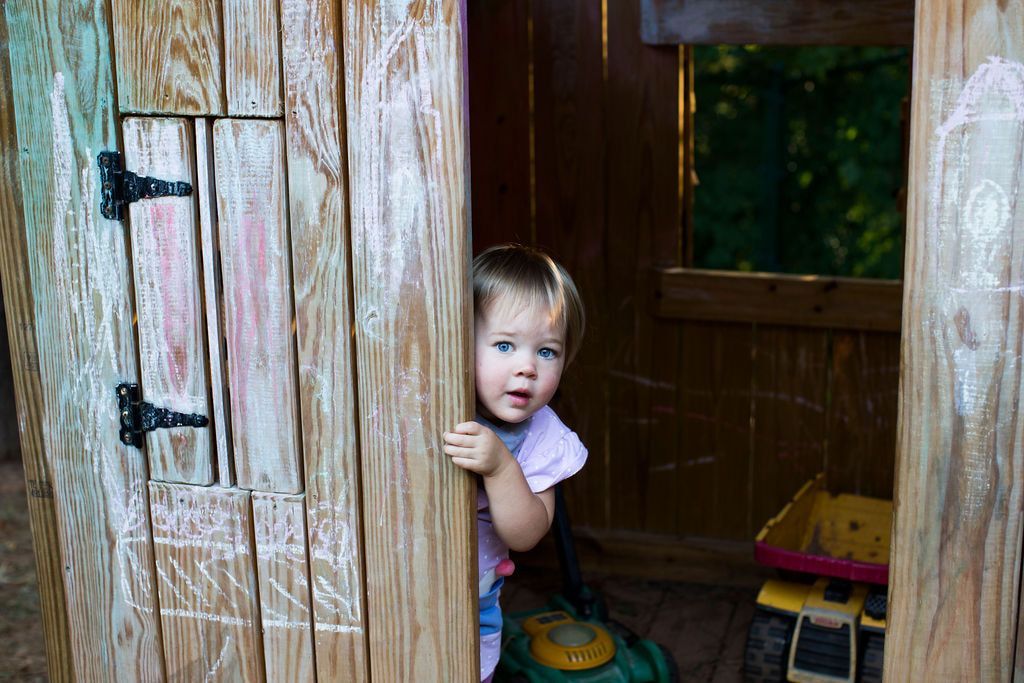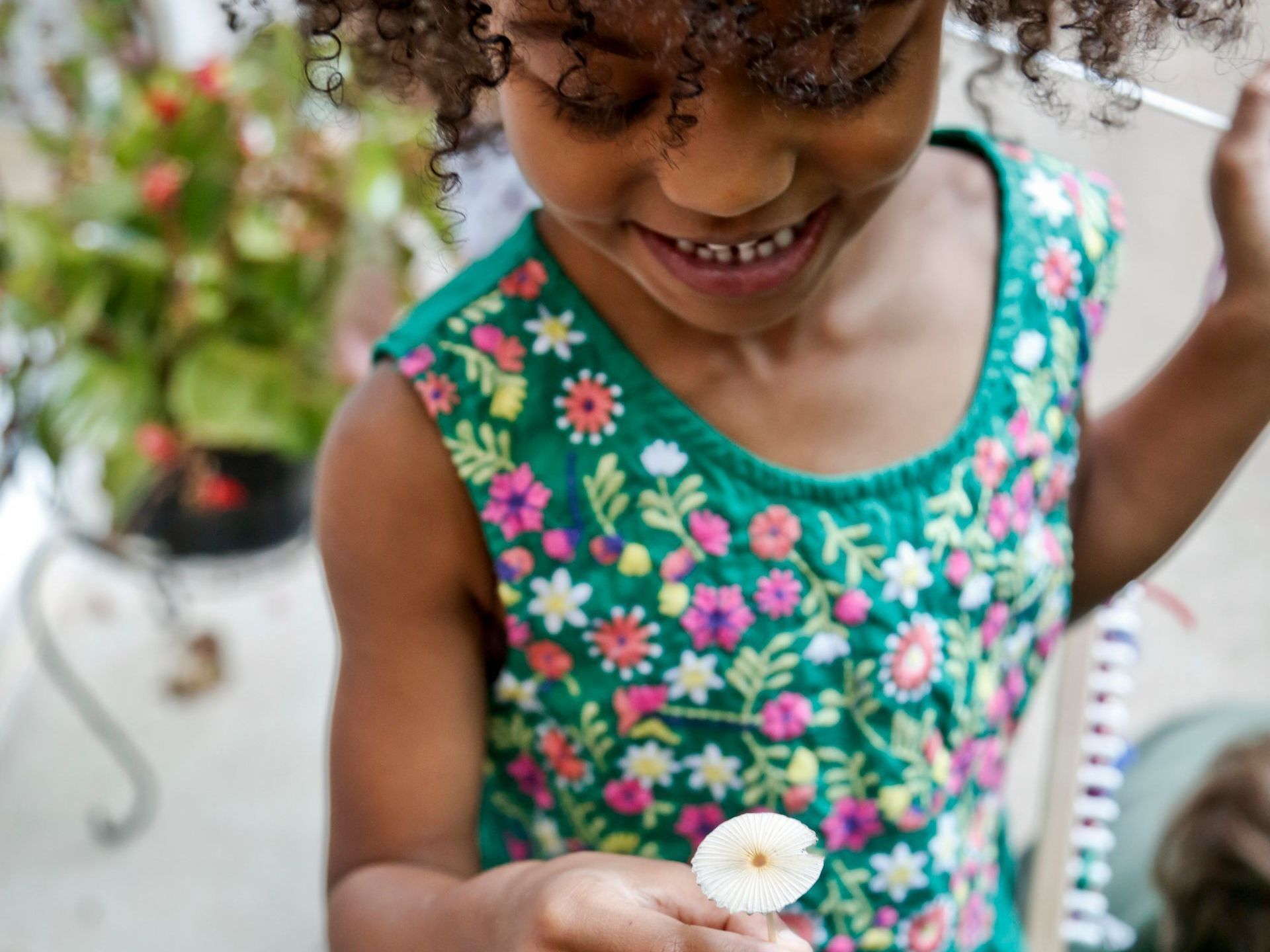
When children come into contact with nature, they reveal their strength
-Dr. Maria Montessori
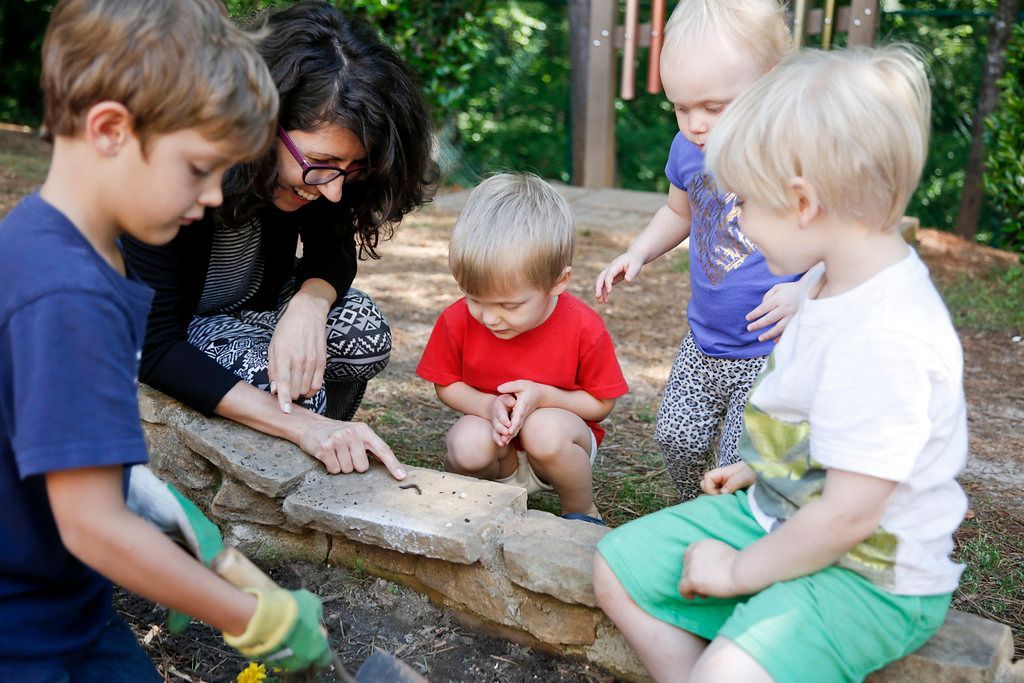
Spending time in nature is a fully integrated sensory experience. Watching the sunlight bounce off of trees as they sway in the wind, smelling the plants and flowers around you, hearing the leaves crunch under your feet, feeling the cold dirt in your hands, and sometimes even tasting the fresh vegetables or herbs from a garden. Engaging with nature grounds us and reminds us of our connection to the environment. Nature provides a powerful tool for nurturing young minds.
Nature and natural materials are central to Montessori education, rooted in the principle of caring for the environment. There is an inherent order, harmony, and beauty in nature that is reflected in the Montessori philosophy. A primary way Montessori integrates nature is through the use of natural materials. This includes wooden materials, natural fabrics, wicker baskets, metal utensils, and glass vessels to name a few. Not only do these natural materials provide children with an integrated sensorial experience, but they also encourage a connection to the environment by putting children in touch with the real world in their everyday activities.
In addition to prioritizing natural materials in the classroom, Montessori also emphasizes the value of teaching children to care for plants and animals. Many Montessori classrooms include houseplants and small classroom pets such as fish for children to care for. Our community at Cross of Life Montessori even features a
Children’s Garden
which is a special place where the children can come together to plant, tend, and reap the benefits of their hard work.
The children are responsible for watering the garden, weeding, planting seeds, cleaning the bird bath, replacing the bird seed, and composting. Through the experience of caring for the plants and animals in the garden, children learn the connection between the earth and their food as well as respect for the smallest of creatures. Waiting for a garden to grow instills patience and responsibility in young children who are eager to see their seeds transform into food. You may be surprised to find the variety of tasks children are both excited to and capable of performing when it comes to caring for the natural world.
Whether at home or in the classroom, there are numerous benefits to integrating nature into your child’s day. Here are a few of our favorite ways:
- Take a nature walk, with the intention of noticing or collecting elements like leaves, rocks, flowers, and other things that catch your child’s attention
- Give your child a small houseplant to care for, teaching them the responsibility of checking on the leaves and soil to ensure the plant has enough light and water
- Add a bird feeder to your outdoor space and invite your child to participate in filling the seed and watching for different types of birds to visit
- Visit a botanical garden or zoo to explore plants and animals that you do not regularly see at home
- Teach your child how to keep a nature journal where they draw pictures of what they notice in nature
